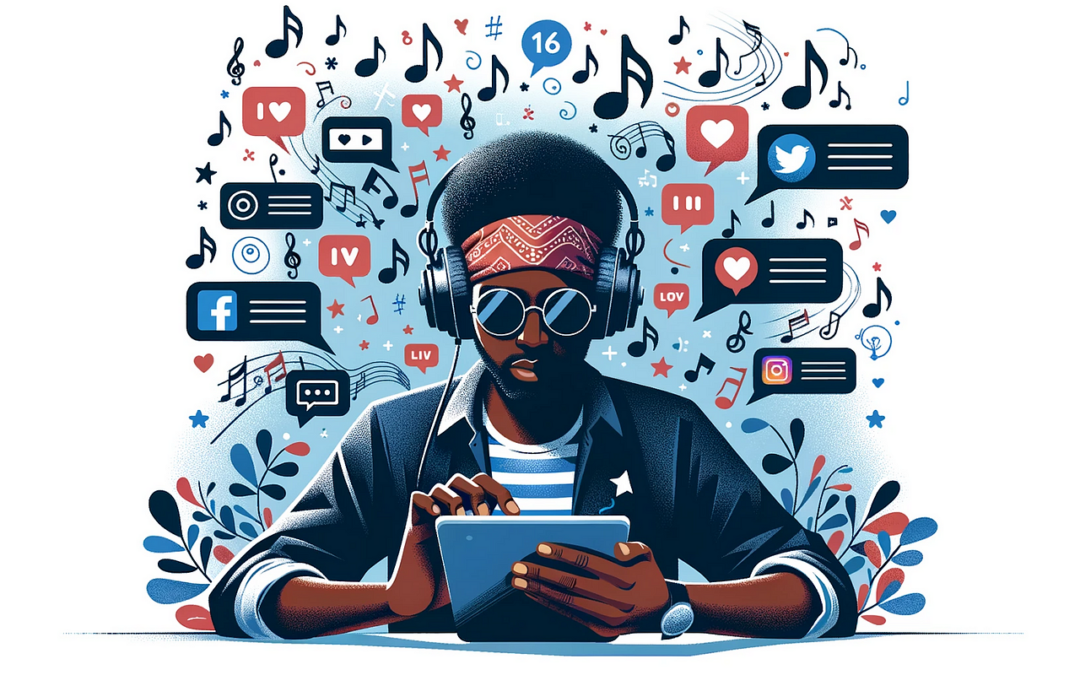The other day, when creating an Instagram reel, I reached the point where I could add music.
My post’s video and subtitles posed the question of whether my adult dog would ever learn to ring the bell hanging on the kitchen door to signal that he needed to go outside to relieve himself.
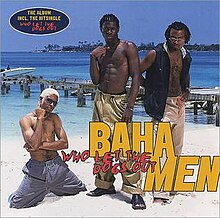
Clearly, “Who Let the Dogs Out” came to mind.
I ended up sending the post without music and immediately felt guilty — not because my dopey post was less compelling without music, but because I was taking money out of the pocket of a college friend who went on to become the music industry hotshot behind Baha Men’s 2000 hit “Who Let the Dogs Out”.
READ MORE: Supreme Court Addresses Social Media ‘Censorship’
Steve Greenberg was my classmate and the president of American University’s student government. Stevie G and I were both on the college radio station (which was only broadcast in the dorms and student union). He was also the mastermind of our college band, which performed a couple times on campus.
He moved on to greater and better things.
Greenberg and his label, S-Curve Records, “discovered” Hanson, the Jonas Brothers, Andy Grammer, Joss Stone, and the Baha Men. Greenberg won a Grammy Award in the “Best Dance Recording” category in 2000 for producing “Who Let the Dogs Out.”
I emailed him, in part to alleviate my guilt by admitting that I did not utilize his song in my reel (which has 125 views as of this weekend), but also to learn more about the connection of the music industry and social media.
“That song has a never-ending life,” Greenberg explained. “Unsurprisingly, the phrase ‘Who Let the Dogs Out’ is frequently used on social media for anything related to dogs. So, it’s absolutely the type of music that lends itself to social media posts on a specific topic and will most likely always do so.”
So, with all these dog-related social media posts, Stevie G and the Baha Men must be singing “Yippie-Yi-Yo” all the way to the bank, right?
A post shared by Neal Augenstein (@nealaugenstein)
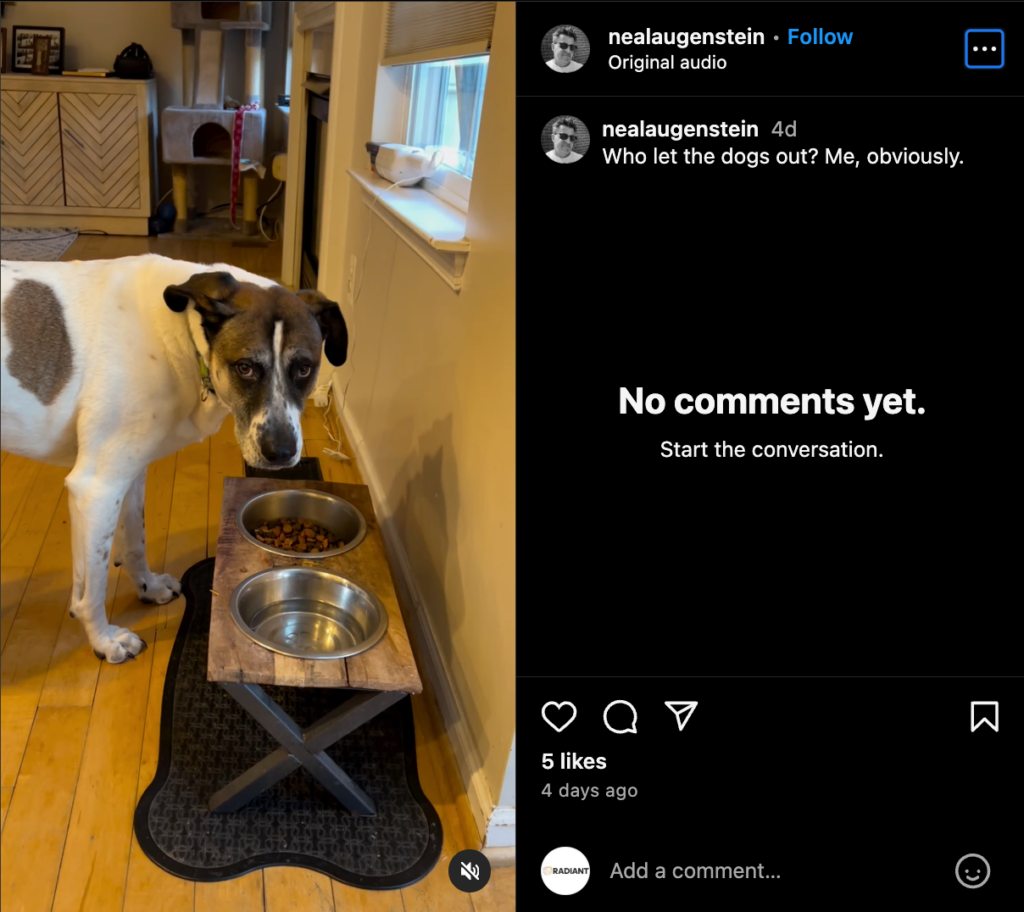
“It’s not a moneymaker,” Greenberg explained. “Social media is not a moneymaker for artists.”
“Music is not the main event” on social media
Hit songs from before the advent of social media are losing popularity as individuals develop content that is frequently viewed on smartphones.
“I wish I could say music’s role in social media posts is more central than it is, but, really the way social media is used today, for the most part, music is a feature,” Greenberg said. “It’s not the main event.”
While a recording artist may make a lengthy, well-produced post to promote a new release, in most social media posts, a 10- or 15-second clip of music is only one component of a larger package.

“The same way music might be used in a TV commercial,” Greenberg explained. “The point of the commercial isn’t the song, it’s the product that’s being sold.”
According to Greenberg, musicians and songwriters earn virtually little money when their songs are used on social networking platforms. In reality, Universal Music Group, which represents well-known artists such as Taylor Swift, Bad Bunny, and Drake, said in January that their music will no longer be available on TikTok while the two firms negotiated a new licensing agreement.
READ MORE: 32 States Sue Meta, Claiming It Intentionally Made Kids Depend on Social Media
“Universal wants the rates to be much higher, and TikTok feels the promotional value of having your music on TikTok is worth it, in and of itself, and therefore the label shouldn’t care about getting paid money,” Greenberg said. “That argument is frighteningly close to the argument by MTV, 40 years ago, when they started and didn’t want to pay for the music videos.”
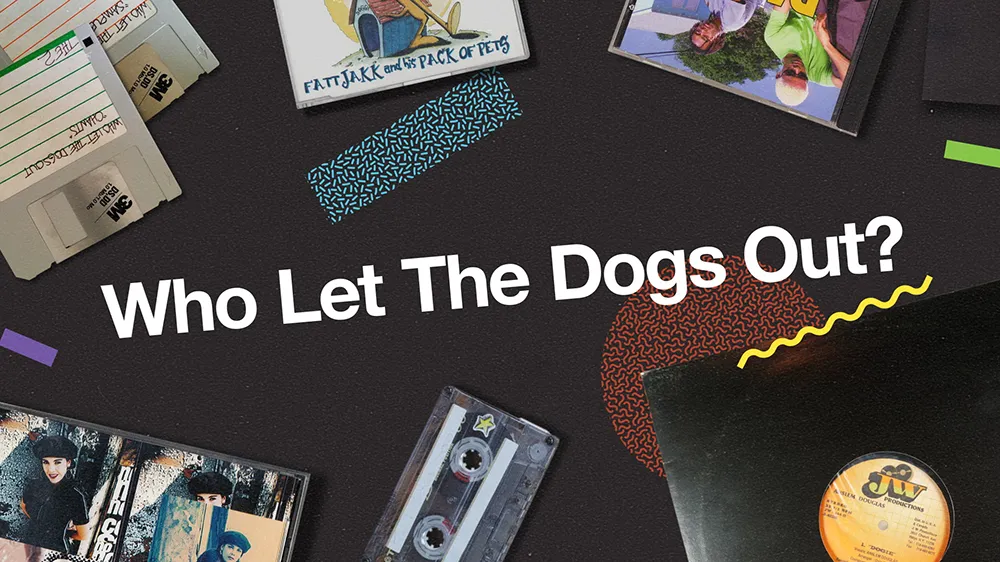
Greenberg stated that the three primary social media content platforms that use music are TikTok, Instagram, and YouTube shorts, and that “each platform actually does a separate deal with each label group.”
How Social Media Is Changing the Music Industry
When asked if the visibility and relevance of social media is influencing the music being recorded, Greenberg responded absolutely, in a variety of ways.
“Let us start with the recording. It is undoubtedly having an impact on music, and it is accompanied by the growing accessibility of home recording. Greenberg explained that social media and that phenomenon are inextricably linked.
READ MORE: TikTok Starts Removing Universal Music Publishing Songs, Expands Royalty Battle
Songwriters and musicians can now record studio-quality tunes at home using digital tools, eliminating the need for pricey studios.
“TikTok and Instagram, for their part, their algorithms really favor an individual face on a screen,” Greenberg added. “And, if you think about a TikTok screen, it’s a vertical screen — so really one person is the ideal visual on a TikTok screen.”
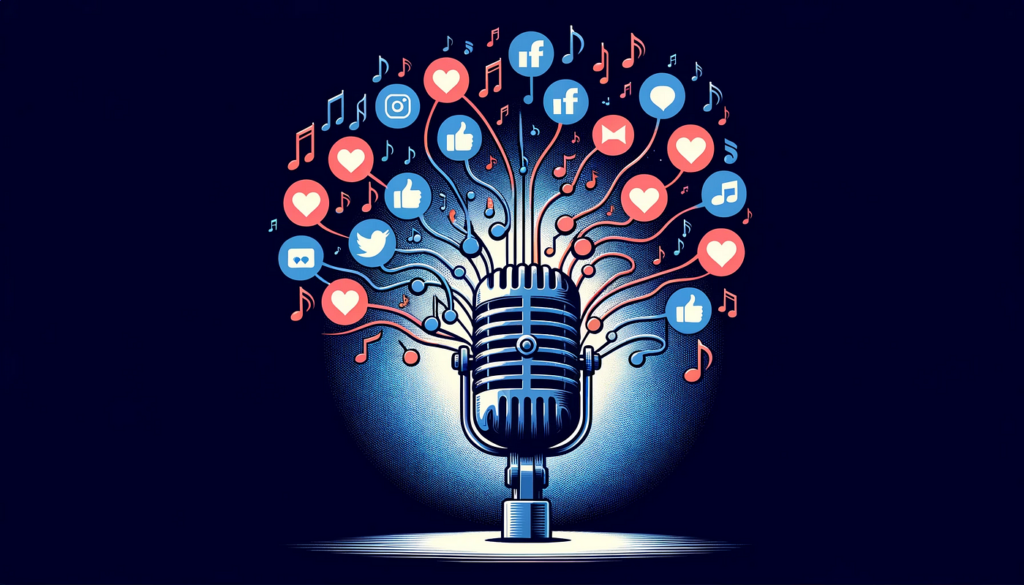
With the simplicity and low cost of home recording, Greenberg said current composers frequently tell themselves, “I can just do it by myself, without a band or backup singers, and I’m feeding the music into a platform that really likes one person.”
As a result, the usual process of assembling musicians, rehearsing, and entering the studio, often with the assistance of a record label, is circumvented.
“What you end up with is a lot of music created at home by one individual that becomes viral on TikTok and Instagram. “So it’s a combination of technology and platform preferences,” Greenberg explained.
Why today’s music videos should resemble FaceTime
According to Greenberg, the technology that people use to enjoy music inevitably influences the music that is produced. As a music historian, he has highlighted how The Beatles became popular in 1964, decades before the Internet, due to the introduction of inexpensive transistor radios.
“In the case of social media, it’s really come to favor very personal, intimate, diaristic type of music, made by young people, usually at home,” says Greenberg. “It’s young people, sharing the music, and it’s all about very personal emotions, about breakups, about being upset with your ex.”
Greenberg explained that socially conscious singers are changing the manner they record their songs to fit the intimate, personal subject matter.
“The best TikToks in music are the ones that sort of seem like the artist is talking to you over FaceTime,” Greenberg pointed out. “It doesn’t really seem like a piece of professional content.”
“It’s changed music,” Greenberg said. “If you look at the charts now, there’s just so much of that kind of music — it’s interesting to see the trends that have emerged musically, because of the dominance of TikTok.”
Radiant TV, offering to elevate your entertainment game! Movies, TV series, exclusive interviews, music, and more—download now on various devices, including iPhones, Androids, smart TVs, Apple TV, Fire Stick, and more.


